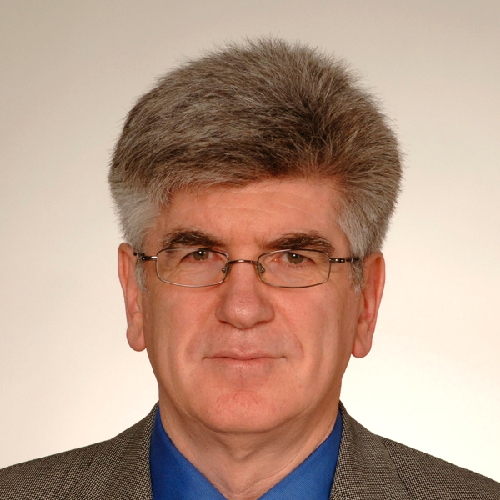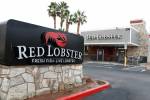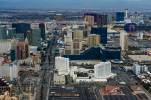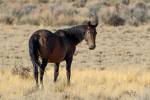Research center boss sees new chances
With appointment of a new director, the Center for Business and Economic Research at the University of Nevada, Las Vegas may try a slightly different tack.
For more than two decades under the late Keith Schwer, the center focused on economic issues that take prominence in the valley, ranging from casinos and tourism to retail and real estate. In that role, the center not only served as the public face of UNLV's College of Business but also as a source of data and studies to private clients.
By appointing Stephen Brown as new director, UNLV opted for an economist who has worked extensively on energy policy over the past decade. Over time, Brown said, he will lead the center to look more into the potential diversification of the Las Vegas economy, particularly involving industries tied to renewable energy.
"We're not looking to dramatically change course," said Brown, who took the post Sept. 1. "In fact, any course change at this point would probably be accidental."
Paul Jarley, dean of the College of Business, said, "I would view the energy component as an add-on. The core mission will remain the same."
With a staff of seven, the center would not find it easy to take on additional specialties, he said. But he suspected that the center's staff would grow as it landed grant money to study energy issues, partly by working with other departments at UNLV with scientific or engineering expertise.
Brown said new people might come from existing faculty or students rather than permanent positions, due to the unpredictable nature and expiration dates of grants.
Much of the funding to study renewable-energy sources now flows from the federal government, Brown said, and much of that focuses on physical projects. Allocations for economic studies run far less.
Therefore, Brown believes that mating economics with technology could earn UNLV and the center more money. For example, Brown said he could assemble a report on how adding solar energy to a utility's mix would affect rates over a period of time.
The center runs on a budget of about $1 million a year, with about one-third coming from the state government and the rest from private sources. In the past, much of the outside money has come from reports compiled for companies involved in casinos and real estate, the two main economic drivers for Las Vegas.
However, Robert Lewis, a member of the six-person selection committee that chose Brown, said the choice to name an energy-focused economist as director was not a conscious attempt to try to diversify the center's income base.
"We weren't particularly looking for an energy person," said Lewis, president of the Nevada division of the Lewis Group of Cos., a real estate developer. "We were just looking for someone who is a good researcher, with good analytic and presentation skills. It was just a lucky coincidence that he had an energy background."
The center has rarely ventured into energy studies in the past except pertaining to the nuclear waste repository proposed for Yucca Mountain. The center's website lists evaluation services, including site evaluation, sales forecasting, land use and transportation analysis, but does not mention energy.
The center has recently found a market in a pilot federal program that gives preferential visa treatment to immigrants who invest at least $500,000 in new or existing American businesses. The center can review the feasibility of business plans, support documents that are attached to visa applications.
Brown spent 27 years with the Federal Reserve Bank of Dallas studying policy issues, but eventually gravitated toward energy. After retiring two years ago, he joined a think tank, the Center for Energy Economics and Policy, as co-director.
During his career, he studied the diversification of the Texas economy from one heavily reliant on oil and gas to a much broader base. While he has not drawn any conclusions about Nevada's situation, he said he learned an important lesson studying commerce in the Lone Star state.
"In Texas, the economy naturally diversified itself over time," he said. "Sometimes, the best government policy is hands-off."
Contact reporter Tim O'Reiley at toreiley@lvbusinesspress.com or 702-387-5290.




























